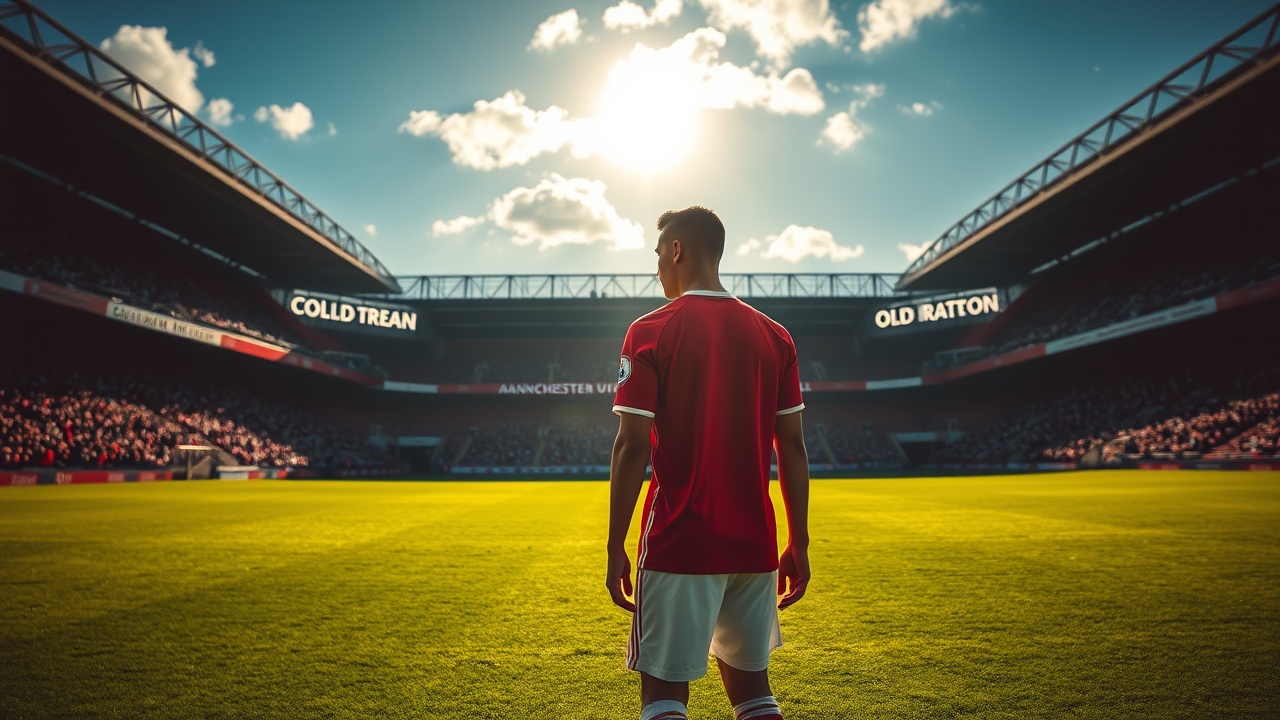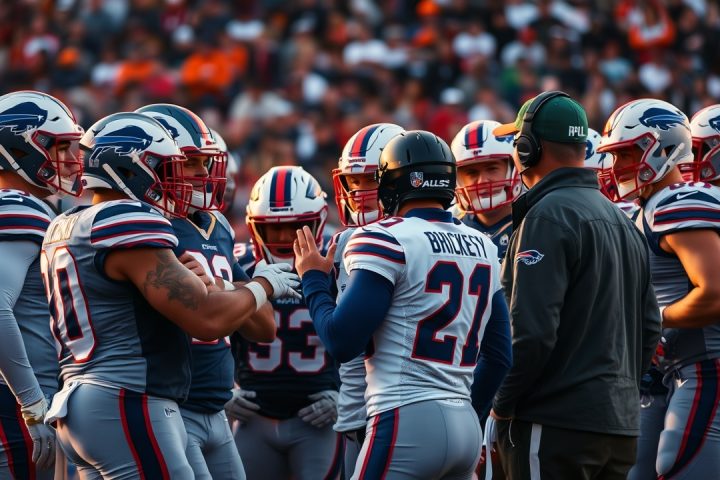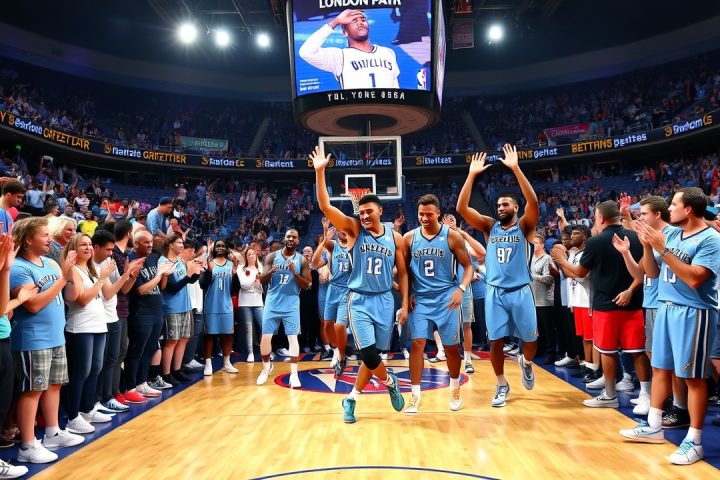Manchester United’s Crisis
Manchester United’s head coach, Ruben Amorim, finds himself in a precarious situation with numerous issues plaguing the team. The club is facing a crisis with an unreliable goalkeeper, a forwards lineup worth £200 million failing to find the net, and recurring penalty misses that have turned into a distressing trend. Amid these challenges, one critical question arises: has Bruno Fernandes, the club’s captain and standout player, become more of a liability than an asset?
Bruno Fernandes: A Double-Edged Sword
In the aftermath of a shocking Carabao Cup defeat to Grimsby Town—a loss that marks one of United’s most embarrassing moments in recent memory—Amorim must grapple with how to unlock Fernandes’s potential without it contributing to the team’s ongoing struggles. Fernandes, revered as United’s key player, delivered impressive stats even during a disastrous 2024-25 season that saw the team finish in a disappointing 15th place in the Premier League. His contribution of 19 goals and 19 assists was crucial in preventing what could have been a catastrophic relegation.
Yet, even with these statistics, Fernandes’s presence on the pitch has raised eyebrows due to the team’s continued lackluster performances. This scenario begs visitors to consider whether Fernandes fits within Amorim’s preferred 3-4-3 formation, or if he is merely an exceptional talent trapped in an ill-suited system. Insight from ESPN’s analysts, including Mark Ogden, Ryan O’Hanlon, and former players like Stewart Robson, introduces the possibility that he might be a factor in the intricacies complicating the team’s dynamics.
Tactical Challenges
Amorim’s tactical approach revolves around the 3-4-3 setup that previously led to successful league campaigns at Sporting CP, but it appears designed for a different breed of players. Fernandes has recorded significant advances in play as one of the two supporting attackers or paired with midfield stalwarts such as Casemiro or Manuel Ugarte. The manager recently indicated that rising star Kobbie Mainoo is now competing for a midfield spot with Fernandes, complicating the selection further.
However, Fernandes has struggled to adapt to the demands of a deeper midfield role, leading to criticisms about his tactical discipline. Robson argues that the current tactical setup demands a level of dynamism and athleticism that Fernandes inherently lacks. He draws parallels with the tail end of Christian Eriksen’s tenure at Tottenham, suggesting that like Eriksen, Fernandes might be a misfit in Amorim’s team.
Potential Solutions
While Fernandes traditionally operates best in a 4-2-3-1 role—where he exploits the cover of two defensive midfielders to express his creative prowess—his limitations become apparent when surrounded by less mobile players such as Casemiro, Ugarte, and Mainoo. These players cannot keep pace with his style, ultimately leaving United exposed during counterattacks.
Could the situation for Fernandes improve with more agile teammates as a support structure? Robson suggests bringing in a player like Declan Rice would complement Fernandes effectively, allowing him to return to forms where he could shine without hindrance. However, negotiations from the transfer window have proven fruitless, with potential high-value targets like Brighton’s Carlos Baleba sidelined due to the exorbitant asking prices.
Future Speculations
Remarkably, despite inconsistencies, Fernandes showcased 38 goal contributions last season, proving his effectiveness on the field, yet his inflated workload—evidenced by his leading tackle and interception stats—highlights an imbalance within the team’s approach to modern football.
As speculation swirls regarding Fernandes’s future, with rumored interest from clubs like Al Hilal, his potential departure raises questions around whether losing him would be a setback or an opportunity for United to rebuild.
While Amorim has expressed a desire to retain Fernandes, acknowledging him as a vital player, Robson cautions that losing him could leave the side wanting in creativity and dynamic play. If Fernandes were to leave Old Trafford, United might acquire the skillset to better address its structural issues, enhancing both midfield dynamics and overall team performance. The consensus remains that the real dilemma lies not within Fernandes himself, but rather with how well each surrounding player complements his playing style in this struggling squad.
This intricate debate around Fernandes’s suitability and value touches deep into the fabric of United’s current challenges and future aspirations.




